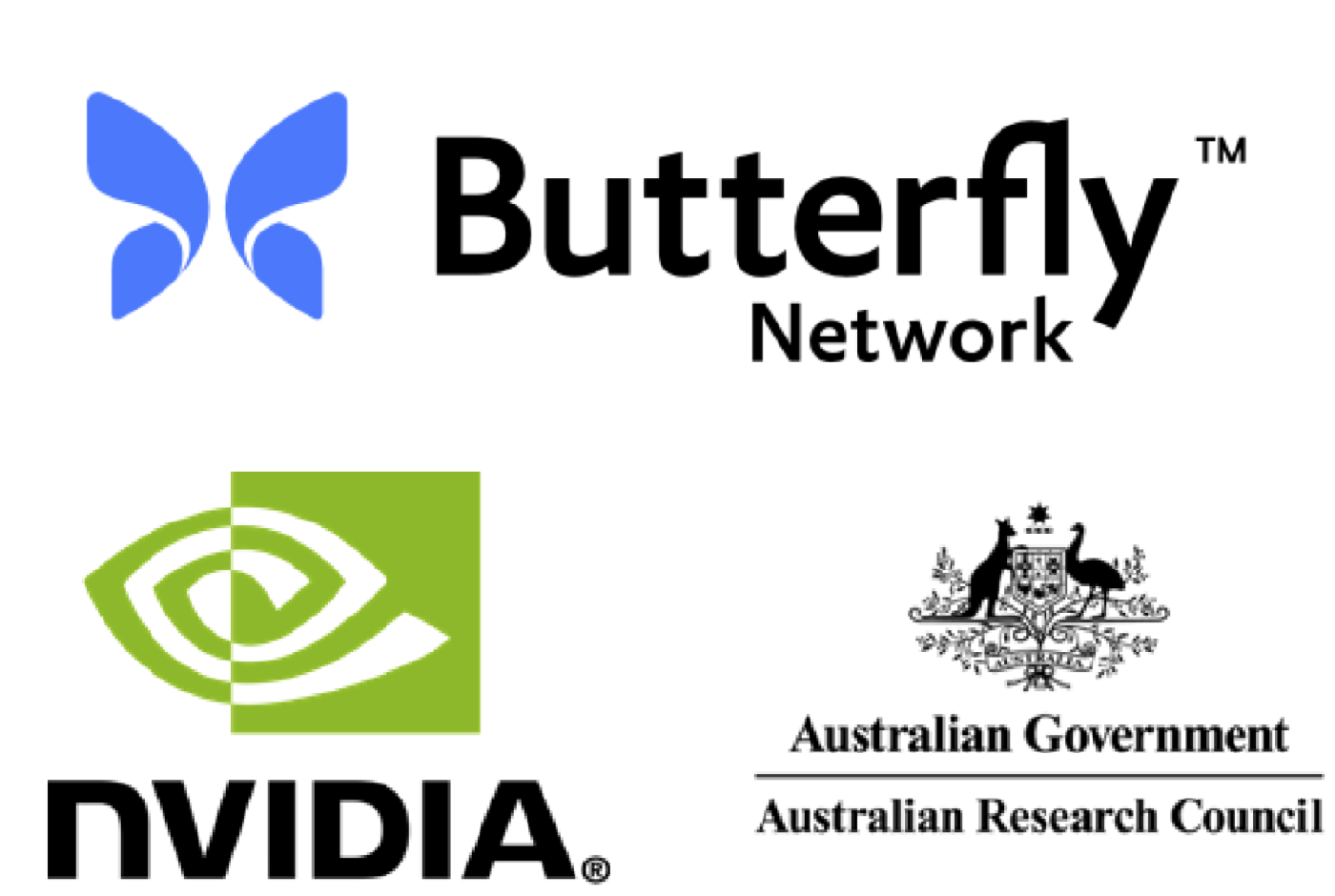
After the success of the 1st DLMIA and the 2nd DLMIA, held with MICCAI 2015 and MICCAI 2016, respectively, where we welcomed hundreds of attendees and influential invited speakers, we present the 3rd DLMIA to be held with MICCAI 2017. Deep learning methods have experienced an immense growth in interest from the medical image analysis community because of their ability to process very large training sets, to transfer learned features between different databases, and to analyse multimodal data. Deep Learning in Medical Image Analysis (DLMIA) is a workshop dedicated to the presentation of works focused on the design and use of deep learning methods in medical image analysis applications. We believe that this workshop is setting the trends and identifying the challenges of the use of deep learning methods in medical image analysis. The main objective of this workshop is to advance scientific research of deep learning methods in medical image analysis. The workshop is going to foster the debate within the medical image analysis community of the recently proposed deep learning methods and also attract the attention of the applied optimization research community.
Article on Computer Vision News on DLMIA 2017 (see page 18-19)
Nvidia best paper award went to Bob De Vos, University Medical Center Utrecht; Floris Berendsen, Leiden University Medical Center; Max Viergever, n/a; Marius Staring, UMC; Ivana Isgum, UMC Utrecht. End-to-End Unsupervised Deformable Image Registration with a Convolutional Neural Network.
Proceedings published by SPRINGER under the “Lecture Notes in Computer Science” book series.
Topics of Interest:
● Medical imaging-based analysis using deep learning
● Medical signal-based analysis using deep learning
● Medical image reconstruction using deep learning
● Deep learning-based medical imaging applications
● Image description by means of deep learning techniques
● Deep learning model selection in medical imaging
The Impact of Deep Learning on Radiology - slides
We are very proud to announce that DLMIA 2017 will be sponsored by Nvidia and Butterfly Network.
This workshop is partially supported by Australian Research Council, discovery project DP140102794 and ARC Future Fellowship (FT110100623).
